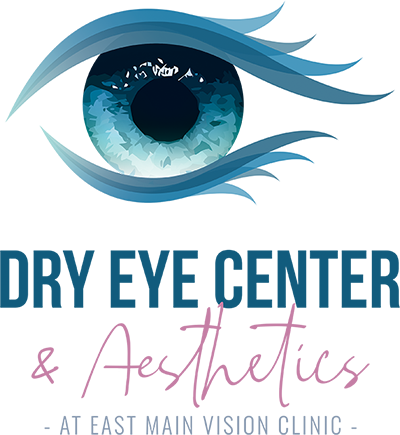August 20, 2020

Did you know that August is National Eye Exam Month? For many people, eye exams are an appointment that becomes a low priority in a very busy schedule. However, since our vision is the sense that the majority of us rely on the most, making sure that we have regular eye exams is crucial to preserve our eyesight long term. Many eye diseases and conditions can be prevented or at least treated early so that they have a minimal impact on our vision. However, it’s not just adults that can benefit from regular eye exams. Our children are just as reliant on their sight, and since many eye problems are progressive, the earlier they are detected, the less likely they are to have a detrimental effect on your child’s long-term vision.
Childhood is a period of rapid growth and development
All children grow and change significantly during childhood. However, you may be surprised to learn that a child’s vision changes the most between the ages of 6 and 18 when they undergo a period of rapid growth. This means that while they may be able to see right now, in just a matter of months they could begin experiencing visual issues that affect their day to day lives.
Vision problems can affect your child’s ability to learn
In most schools, as much as 80% of the learning is presented visually. With a majority of schools transitioning to a distance-learning model, this additional screen time is yet another impact on our children’s’ vision. Unsurprisingly, this can cause your child serious issues if their vision is impaired. They may not be able to see the screen or read their books, or they may not have the visual skills needed to shift their vision quickly between various subject matters. If your child is to fulfill their academic potential, they need clear vision and strong visual skills. These will be assessed at their comprehensive pediatric eye exams.
Vision problems can cause behavioral and attention issues
Many children who have undiagnosed vision issues mistakenly believe that they aren’t as intelligent as their classmates. This can cause them to act out to draw attention away from their visual issues. They may also find it difficult to pay attention to their studies. As many as 25% of cases of behavior and attention disorders that are diagnosed every year are a result of vision problems. The right treatment and support from an eye doctor can help your child overcome these problems and get the most out of their education.
Visual skills and clear vision will keep your child safe
Our vision is one of our earliest warning systems, alerting us to potential dangers. Examples include:
Enabling us to read warning labels and road signs
Reading instructions
Differentiating between colors, shapes, and sizes
Being able to discern what speed an object is traveling at i.e. a car or a ball
Being able to tell where the edges of steps are
If your child doesn’t have clear vision or the necessary visual skills, they may be more likely to have an accident or make a mistake that could be harmful to them or others around them. That’s one of the reasons drivers have to meet a minimum visual standard to be able to drive safely and legally.
How often should my child have an eye exam?
Experts recommend that all children should attend an eye exam at least once every year, but if they experience any of the following issues then a second visit should be scheduled. These issues include:
Persistent headaches
Covering one eye
Needing to sit closer to the board or screen
Holding reading material close to their face
Short attention span
A decline in the quality of their schoolwork
If you have any concerns about your child’s vision, or to schedule their routine eye exam, don’t hesitate to contact our expert eye care team at East Main Vision Clinic in Puyallup by calling 253-780-0700.



